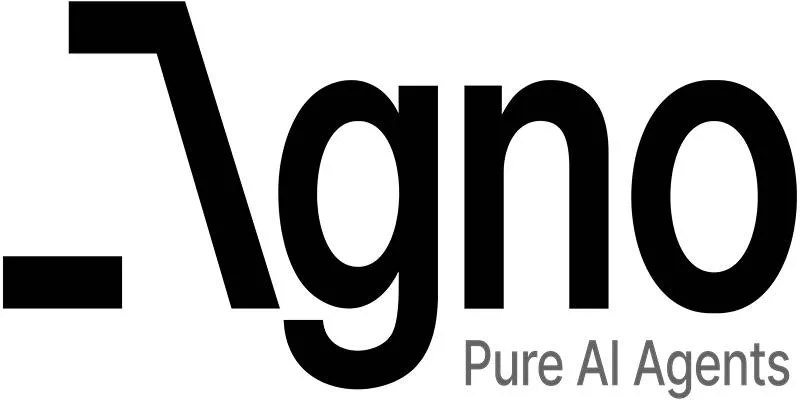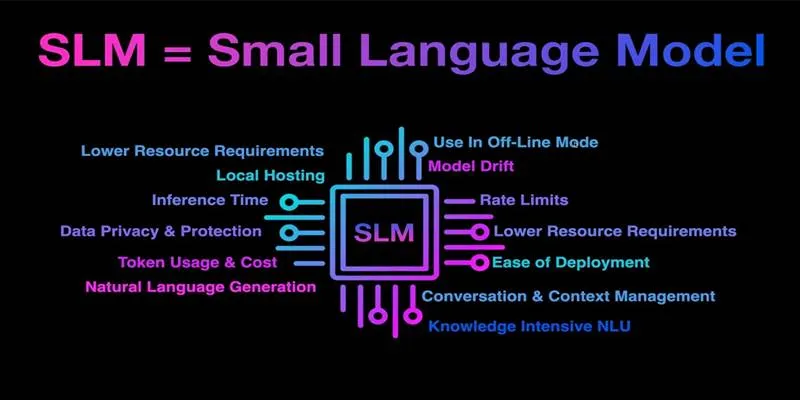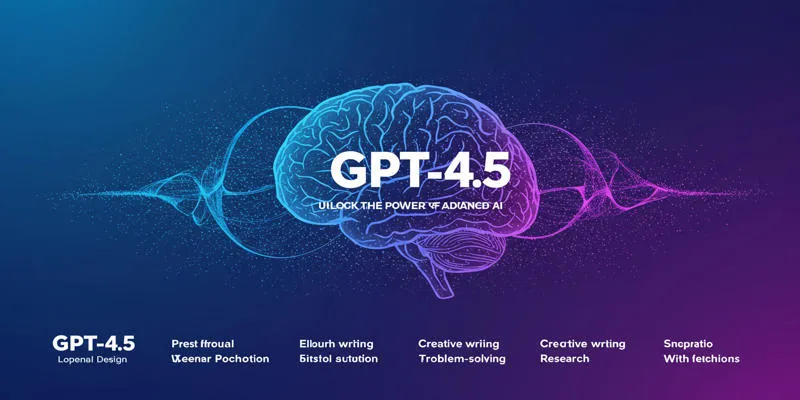Artificial intelligence (AI) has evolved from a tech industry buzzword to a transformative force in various sectors, particularly healthcare. The pharmaceutical industry is notably leveraging AI to innovate in drug discovery, clinical trials, and patient care. A prime example of this shift is Pfizer’s collaboration with Vyasa, an AI-driven data analytics platform aimed at accelerating life sciences innovation.
How Pfizer is Using Vyasa to Transform Healthcare

Pfizer has been a leader in pharmaceutical innovation, continually striving to enhance patient outcomes. Its partnership with Vyasa represents a significant leap forward, enabling Pfizer to fully utilize AI-powered analytics and machine learning.
Vyasa specializes in advanced data curation and analysis, merging diverse data types into a cohesive format powered by deep learning. Pfizer leverages Vyasa to integrate vast data collections, including clinical documents, genomic publications, and patient medical records.
- Accessible, Organized Data: AI-powered search streamlines data retrieval, facilitating access to critical information.
- Pattern Recognition: Extracts complex insights such as drug efficacy and patient trends from unstructured datasets swiftly.
- Improved Efficiency: Automates time-consuming tasks, allowing Pfizer to focus resources on strategic initiatives.
Example of Vyasa’s Impact
Vyasa’s AI technology has introduced significant operational enhancements at Pfizer, particularly in data handling and retrieval, boosting efficiency and productivity.
With Vyasa, Pfizer can easily manage and access patient records, enabling healthcare professionals to access essential information promptly. This not only saves time but also improves patient care, as doctors have immediate access to vital data.
AI in Drug Discovery
Drug discovery is notoriously data-intensive and costly, often taking over a decade and billions of dollars. AI is set to change this by identifying viable drug candidates more quickly, accurately, and cost-effectively.
How AI Revolutionizes Drug Discovery
- Molecular Modeling: Platforms like Vyasa analyze complex molecular patterns, predicting new compounds’ interactions with biological systems.
- Predicting Drug Efficacy: Machine learning algorithms simulate clinical outcomes, reducing the need for early-stage trials.
- Reducing Failure Risks: AI identifies early red flags, helping companies avoid investing in likely failures.
Pfizer is already implementing these AI capabilities to optimize its drug discovery process, particularly in its oncology unit, reducing bottlenecks traditionally caused by manual computations.
Streamlining Clinical Trials with AI
AI is bringing unprecedented efficiencies to clinical trials, which traditionally take years due to patient recruitment challenges and data mismanagement. AI significantly reduces these timelines while enhancing trial accuracy.
AI-Driven Improvements in Clinical Trials
- Patient Identification: AI algorithms utilize automated image recognition and electronic health records (EHR) to find suitable trial candidates, easing recruitment challenges.
- Real-Time Monitoring: Wearable devices integrated with AI allow for continuous patient metric collection, replacing periodic manual checks.
- Adaptive Trial Design: AI facilitates dynamic trial adjustments, such as dosage tweaks or patient demographic narrowing, based on real-time insights.
Pfizer is leveraging AI to expedite its vaccine testing and manufacturing timelines. During the global pandemic, AI-enabled tools accelerated clinical trial enrollment and regulatory processes, contributing to the swift rollout of the Pfizer-BioNTech vaccine.
Leveraging AI for Data Management and Compliance
Navigating global regulatory standards is a formidable challenge for pharmaceutical companies. AI excels in ensuring compliance across geographies through meticulous data governance.
Key Benefits of AI in Data Compliance
- Error Reduction: AI tools offer near-flawless accuracy in compliance checks, mitigating costly human oversights.
- Data Integration: AI platforms unify disparate compliance records into a searchable, coherent format.
- Audit Readiness: AI ensures readiness ahead of deadlines via real-time cross-referencing of documentation across departments.
Platforms like Vyasa enable Pfizer to validate compliance-related data in real time, reducing oversights and expediting approvals, while integrating seamlessly with legacy systems for cross-department alignment.
Opportunities and Challenges of AI in Pharmaceuticals
AI offers significant benefits to the pharmaceutical sector. However, integrating AI technologies at such a scale presents unique challenges.
Opportunities
- Cost Savings: AI reduces operational costs by automating labor-intensive tasks.
- Faster Innovations: Shortened development timelines lead to quicker availability of new medicines.
- Improved Accuracy: Minimizes human error in diagnostics, predictions, and treatment designs.
- Expanded Patient Access: Data-driven personalizations enable tailored medicines for unique patient populations.
Challenges
- Data Privacy: AI systems require vast data, raising concerns about patient privacy and potential misuse of sensitive information.
- Lack of Regulation: Regulations around AI in healthcare are still developing, leaving room for ethical issues and misuse.
- Integration Challenges: Implementing AI systems can be complex and time-consuming, necessitating substantial changes to existing processes and technology infrastructure.
- Unforeseen Consequences: As with any new technology, unforeseen consequences could negatively impact patient health or well-being.
Future of AI Integration in Pharma and Healthcare

AI promises significant impacts on drug development. By analyzing vast data and identifying patterns, AI can expedite drug discovery and identify treatments for diseases currently without cures.
AI also plays a crucial role in personalized medicine. By analyzing individual patient data, including genetics, lifestyle, and medical history, AI aids healthcare professionals in making accurate diagnoses and developing tailored treatment plans.
Moreover, AI can revolutionize healthcare management. Predictive analytics help hospitals allocate resources and manage patient flow more efficiently, leading to reduced wait times and improved patient outcomes.
Conclusion
The integration of AI into pharmaceuticals marks a pivotal moment in healthcare evolution, with Pfizer’s collaboration with Vyasa exemplifying this transformation. By leveraging AI’s capabilities in data analysis, drug discovery, and patient care optimization, Pfizer is pioneering more effective and personalized treatments. This partnership demonstrates how innovative technologies can accelerate research, streamline processes, and ultimately enhance patient outcomes.
 zfn9
zfn9






















